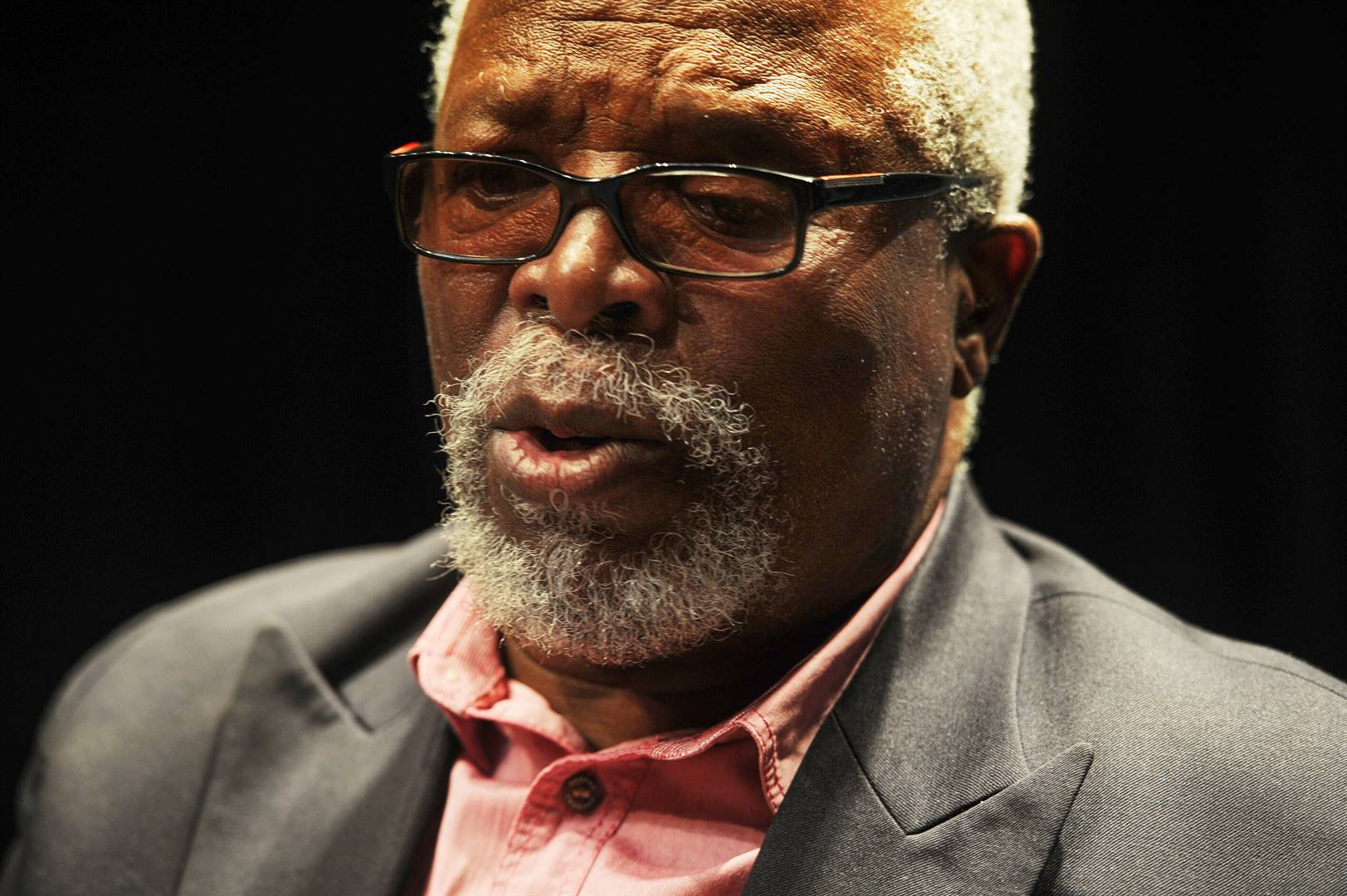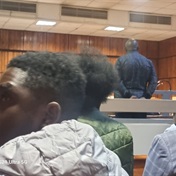
It’s time to stop giving assault, rape and violence against women and children “nice names like ‘femicide’ and ‘gender-based violence’”.
This is the view of author, actor, playwright and activist John Kani, who told a recent GIBS Forum that these crimes should be elevated to human rights violations.
“How do we rewire men, to not assume this arrogant superiority complex over women and children? We [as men] are so far behind,” he said.
“We need more education to understand what is going on, and we need patience, but we also need to be fast learners as men in order to understand our problems. If we reflect in the mirror, we are not okay.”
Kani is the executive trustee of the John Kani Theatre Foundation and chairperson of the National Arts Council of South Africa.
Kani’s work has been widely performed around the world, including his plays Sizwe Banzi Is Dead and The Island.
Nothing but the Truth (2002) was his debut as sole playwright and was first performed in the Market Theatre in Johannesburg.
He was cast to perform the voice of Rafiki in the 2019 remake of The Lion King.
Kani grew up in New Brighton, Port Elizabeth.
“I was given a strong sense of self, which probably bordered on arrogance. However, the indignities of apartheid were visible, not just psychological,” he reminisced.
Kani was hoping to go to Fort Hare University in 1965 to study BA law, but unfortunately his father did not have the money to send him to university.
Later that year he met playwrights Athol Fugard and later Barney Simon and his life changed forever.
“This was when I realised that I could use art and the power of the word to speak truth to power,” he explained.
In the 1970s after being mentored to write and to tell stories, he began writing plays and Kani described this process of “playmaking”, which took issues within the community, and turned them into plays, resulting in Sizwe Banzi Is Dead and The Island.
“These drew the attention of the security police, as we were dealing with the real issues that were confronting our people and celebrating our lives and humanity in our plays. They were a unique merging of theatre and life, you cannot separate the two,” Kani said.
The urgent battles of today
When asked what battles we need to fight today, Kani raised the issues of racism, violence and corruption.
It was “a big mistake” thinking that the cessation of hostilities would mean we would have peace, he said.
“Peace is a separate project. We assumed that in 1994 with the Truth and Reconciliation Committee that we could put a Band-Aid around a people and tell them they are a rainbow nation, a non-racial, non-sexist, democratic community. That has not been achieved and we are now dealing with that baggage and the homework that we didn’t do.
“We haven’t dealt with the wounds and the dark violence, and we are now seeing it manifest within our own communities.”
The importance of active citizenship
“Art is the business of reconciliation and nation building, and it is urgent work,” Kani said.
The enormity of the challenges facing South Africa are at risk of being minimised: “The recent xenophobic attacks are not service delivery protests or Afrophobia, it is that the illusion of democracy is becoming a non-reality to the people on the ground. They have seen very little real change [in their lives],” Kani said.
“South Africans were rushed into reconciliation,” he continued, and have very little sense of democratic responsibility, with no follow up between voting in elections.
The leaders of today, he added, “have no real responsibilities to their people”.
The government is a separate body and have no direct link or contact with their people, he said.
“Since 1994 we have been in remote controlled mode. We must reclaim our intelligence and integrity from the West. Artists are responsible to speak the truth and to articulate the soul,” Kani said.
Education today is too focused on Stem (the science and maths fields) and merely preparing students for the task of finding a job, and “not dealing enough with the human soul”.
The role of art and of the citizen is to play their role and not simply believe the government will do it for us, he said.
“The biggest challenge for me is that we don’t know our role as citizens. I am hoping the education institutions will understand the challenges and begin to restructure so that we as a people can deal with them.”
• City Press is a media partner of the Gibs forums




 Publications
Publications
 Partners
Partners








